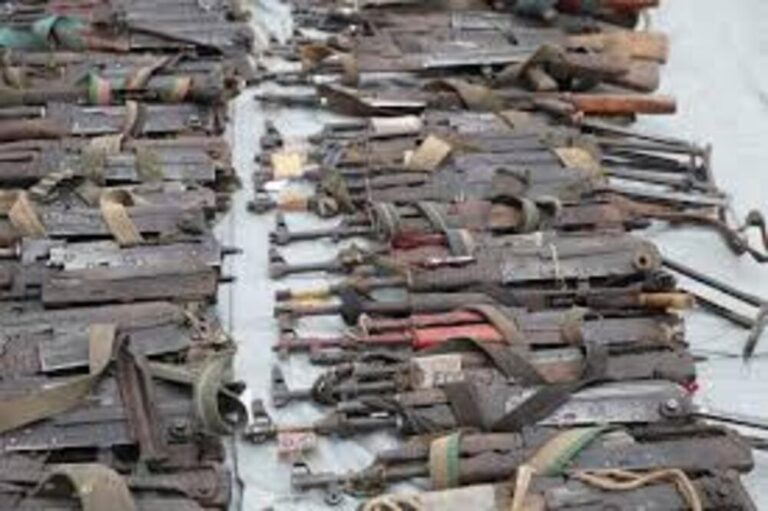A cloud of uncertainty hangs over Mali’s Disarmament, Demobilisation and
Reintegration (DDR) program, which was launched on Tuesday.
The Minister of Reconciliation, Peace and National Cohesion Tuesday launched the DDR 2024 program in Bamako which brought together the main stakeholders, including the National Integration Commission (CNI), the National Disarmament, Demobilisation and Reintegration
Commission (CNDDR), as well as representatives of the Ministries of Defense and Security.
According to the plan presented, 2,000 ex-combatants from so-called republican armed groups will be integrated into the defense forces as 2nd class soldiers, while 1,000 others will benefit from a
socio-economic reintegration program, particularly among those unfit from the Operational Coordination Mechanism (MOC).
The minister reiterated the government’s commitment to national reconciliation and peace-building.
However, several key elements of the program remain unclear.
During the launch, the minister met with representatives of the armed groups benefiting from the DDR-I program and stressed the importance of the process within the framework of the recommendations of the Inter-Malian Dialogue (DIM).
However, the rebels grouped under the Azawad Liberation Front (FLA) as well as known jihadist groups were not included in this initiative.
No official explanation has been given for this choice, which raises questions about the real scope of the program and its impact on the pacification of the territory.
In addition, the selection criteria for ex-combatants to be integrated or reintegrated have not been specified. It is not yet clear on what basis the beneficiaries of this program will be chosen.
The authorities have also not specified the cantonment sites that will be used for the disarmament and demobilisation phase. It remains to be seen whether these operations will take place in the infrastructure left by MINUSMA before its departure or whether new sites will be developed.
Financing DDR is another major unknown. This type of program requires considerable financial resources, but no details have been communicated on the allocated budget or the sources of funding.
A presidential commitment to be specified
On December 31, 2024, in his speech to the nation, the head of the transition, Assimi Goïta, announced the disarmament of 3,000 militiamen without specifying their affiliation.
At this stage, it has not been confirmed whether the militiamen are part of the DDR
2024 program or whether it is a separate initiative.
In its current state, the program will have to quickly remove these uncertainties to demonstrate its effectiveness and meet expectations in terms of reconciliation and national security.
MD/te/Sf/fss/as/APA


